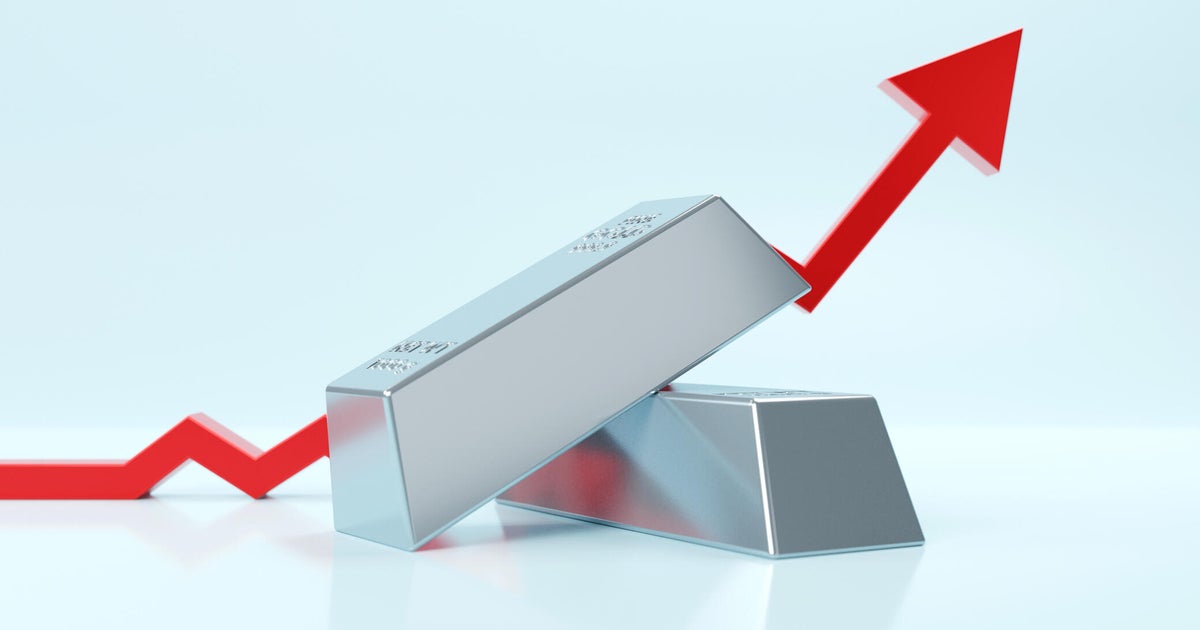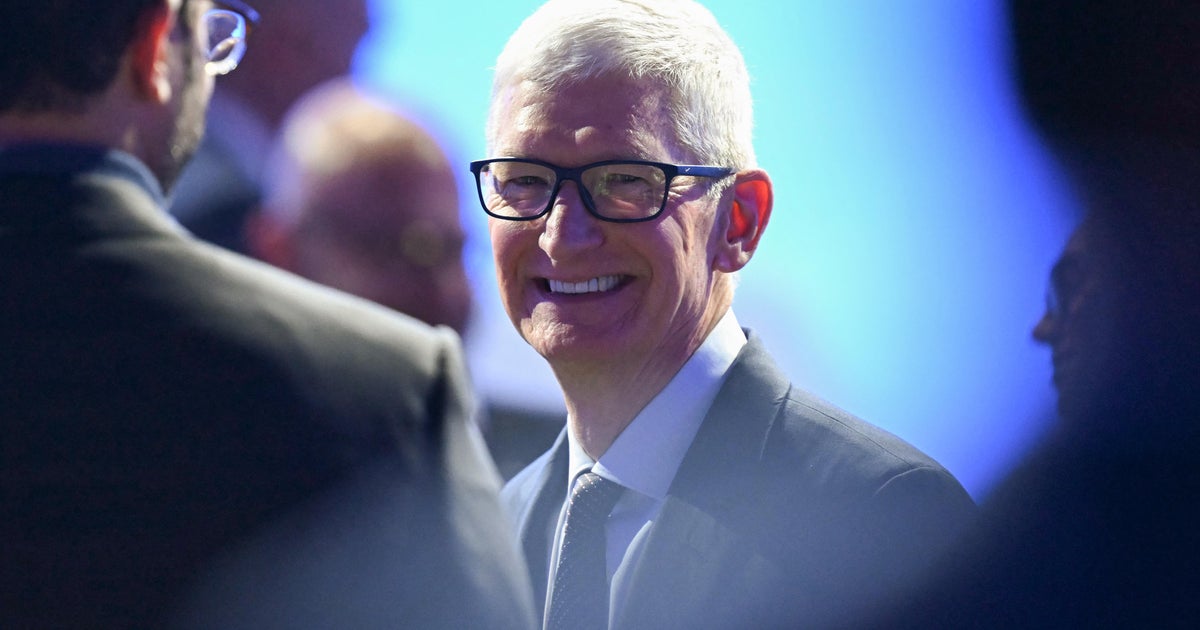What JPMorgan's Jamie Dimon got right -- and wrong -- about Bitcoin
JPMorgan Chase (JPM) CEO Jamie Dimon is the latest in a long list of Wall Street's elite to warn about the dangers of Bitcoin, even vowing to fire any trader who touched the stuff "in a second."
Warren Buffett, considered by many financial pundits to be the greatest investor in history, earlier this month described the digital currency as a "joke" and a "mirage." Another billionaire investor, Howard Marks, has likened Bitcoin to a pyramid scheme. And such concerns aren't limited to bankers and denizens of the market -- government regulators around the world are also spooked by the wild gyrations in the price of Bitcoin, Ethereum and many other "cryptocurrencies."
"The irony about Jamie Dimon's comments is that JPMorgan Chase is one of the most active firms on Wall Street in developing distributed ledger technologies, which are based on the same general approach as Bitcoin," said Kevin Werbach, an associate professor of legal studies and business ethics at the University of Pennsylvania's Wharton School of Business, in an email.
Still, the banker has raised some "legitimate questions" about Bitcoin, Werbach added.
For instance, CoinMarketCap lists more than 1,000 different types of digital money, many of which are worth fractions of a penny and lack enough interest to be sustained. Bitcoin, which was invented in 2008 by a person or persons using the pseudonym Satoshi Nakamoto, is the exception. It is by far the largest cryptocurrency, with a market capitalization of more than $54 billion, or roughly the size of the economy of Bulgaria.
The digital currency recently traded hands at $3,283.22, which even with the sell-off triggered by Dimon's comments represents a gain of more than 237 percent for the year. By comparison, the S&P 500 Index, the gauge of the stock market performance that is most closely watched by professional money managers, has risen about 12 percent since January.
So what's driving that spike in Bitcoin prices? Something beyond the usual forces of supply and demand.
"We are clearly in a speculative bubble around Bitcoin and other cryptocurrencies." Werbach said. "The price has skyrocketed this year without a corresponding increase in the adoption or utility of the currency. And there is significant evidence that non-organic factors such as manipulation of exchanges and entry of large sums of money from investors seeking to evade capital controls are playing a significant role in the Bitcoin price run-up."
The problem with asset bubbles, whether in stocks, railroads, real estate or any other investment, is they tend to attract less savvy investors -- and, yes, criminals. Said Werbach, "Sooner or later, the bubble will pop."
Of course, the collapse of the housing bubble didn't necessarily indicate that homes are an inherently fraudulent investment. The same goes loss-making internet company shares during the dotcom bubble. And just as some of those internet companies emerged from the rubble to become household names, like Amazon and Google, some cryptocurrencies may survive market shake-up when, or if, that day ever comes.
"One of the common elements of many historical bubbles is that they occur for something that's new or novel," said Jonathan Parker, the Robert C. Merton Professor of Finance at the MIT Sloan School of Management and co-director of the MIT Golub Center for Finance and Policy. "Bitcoin has a little bit of that novelty flavor which makes those of us that are concerned with financial asset bubbles concerned about Bitcoin potentially being a bubble."
Fans of Bitcoin and other digital currencies argue that the market, arguably the most efficient arbiter of value, has consistently proved the naysayers wrong. Though the number of digital currency transactions remains a small part of overall commerce, they are on the rise.
Perry Woodin, CEO of cryptocurrency applications developer Node40, predicted that Dimon's salvo will ultimately have a limited impact on the emergence of Bitcoin.
"He has scared the speculators who don't understand the technology," Woodin said by email. "As a deeper understanding of what Bitcoin is and how it works spreads, the market will recover as it already has several times this past year. We'll all look back and say, 'Remember when Jamie Dimon called Bitcoin a fraud?'"



